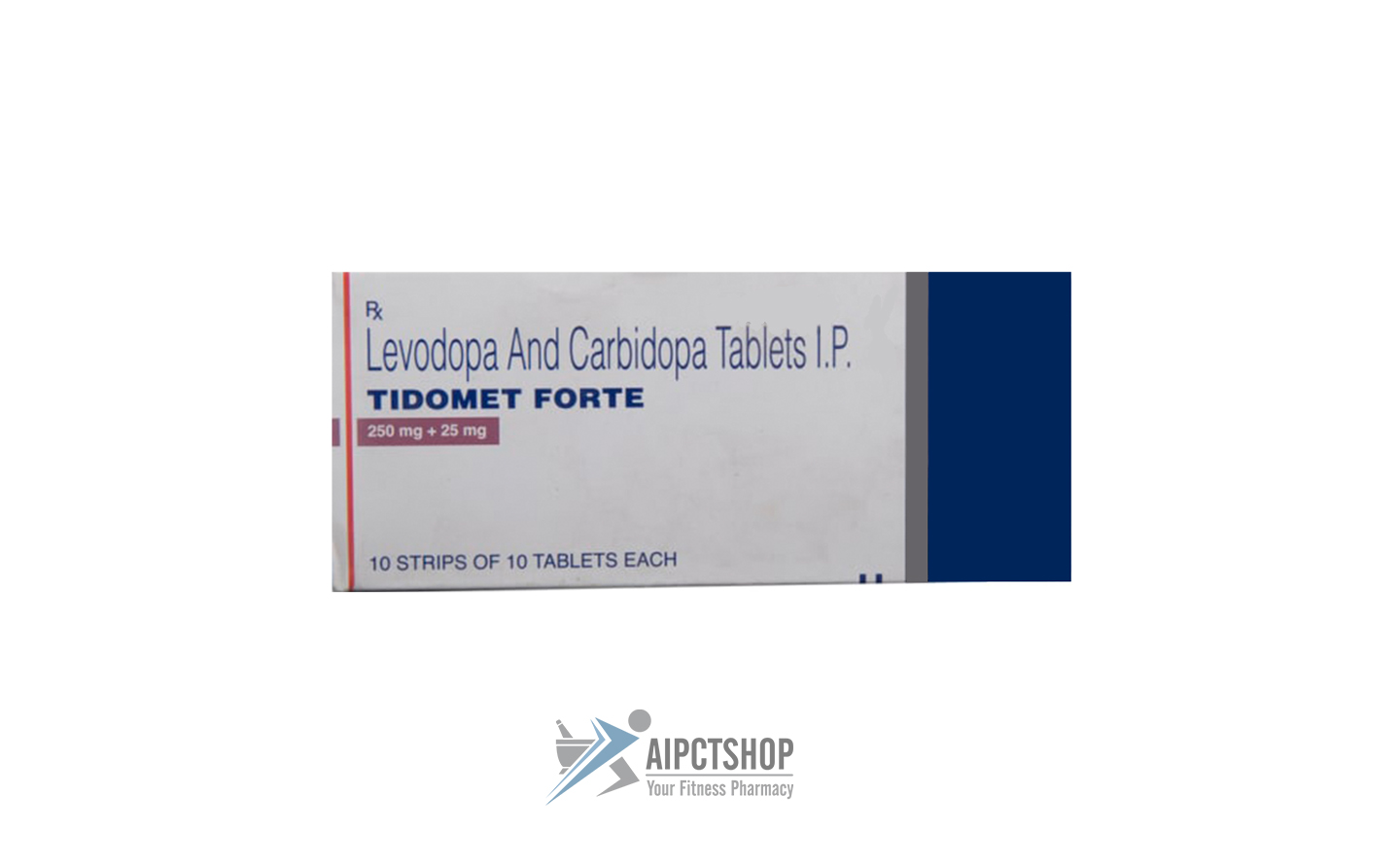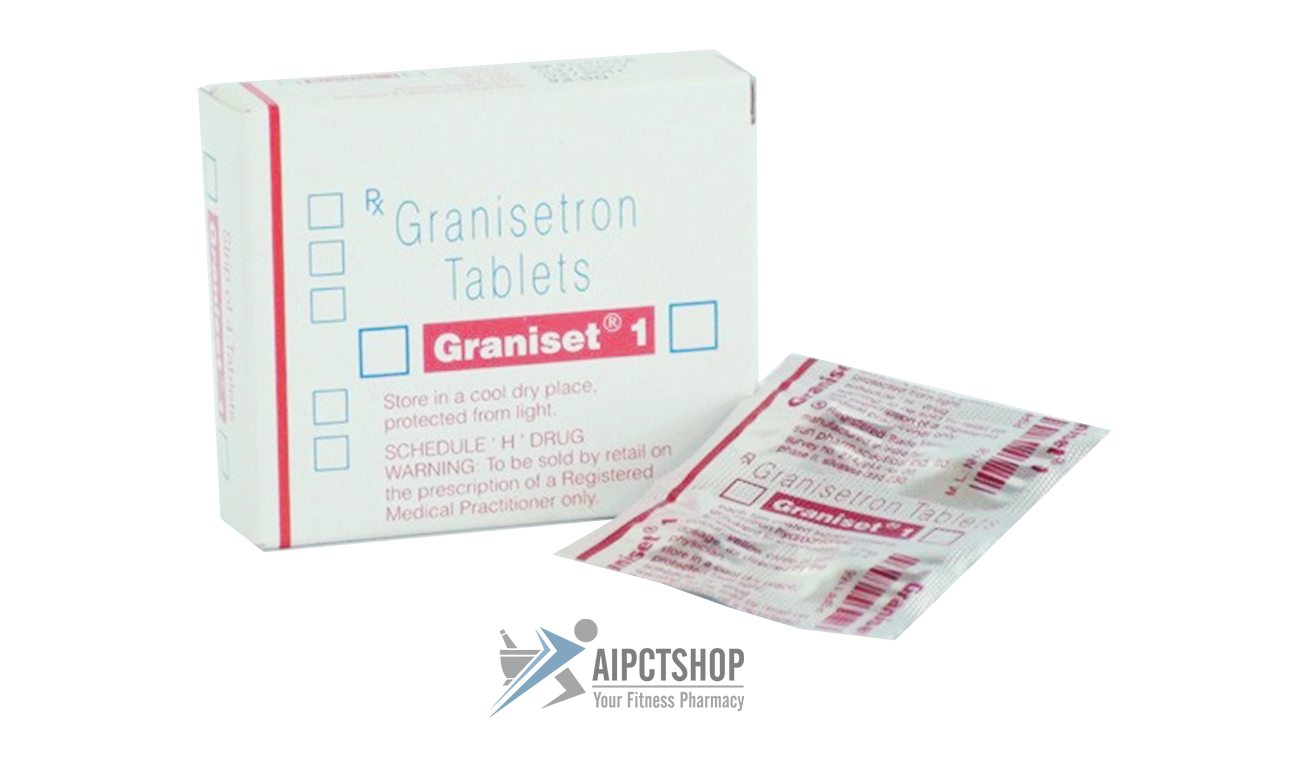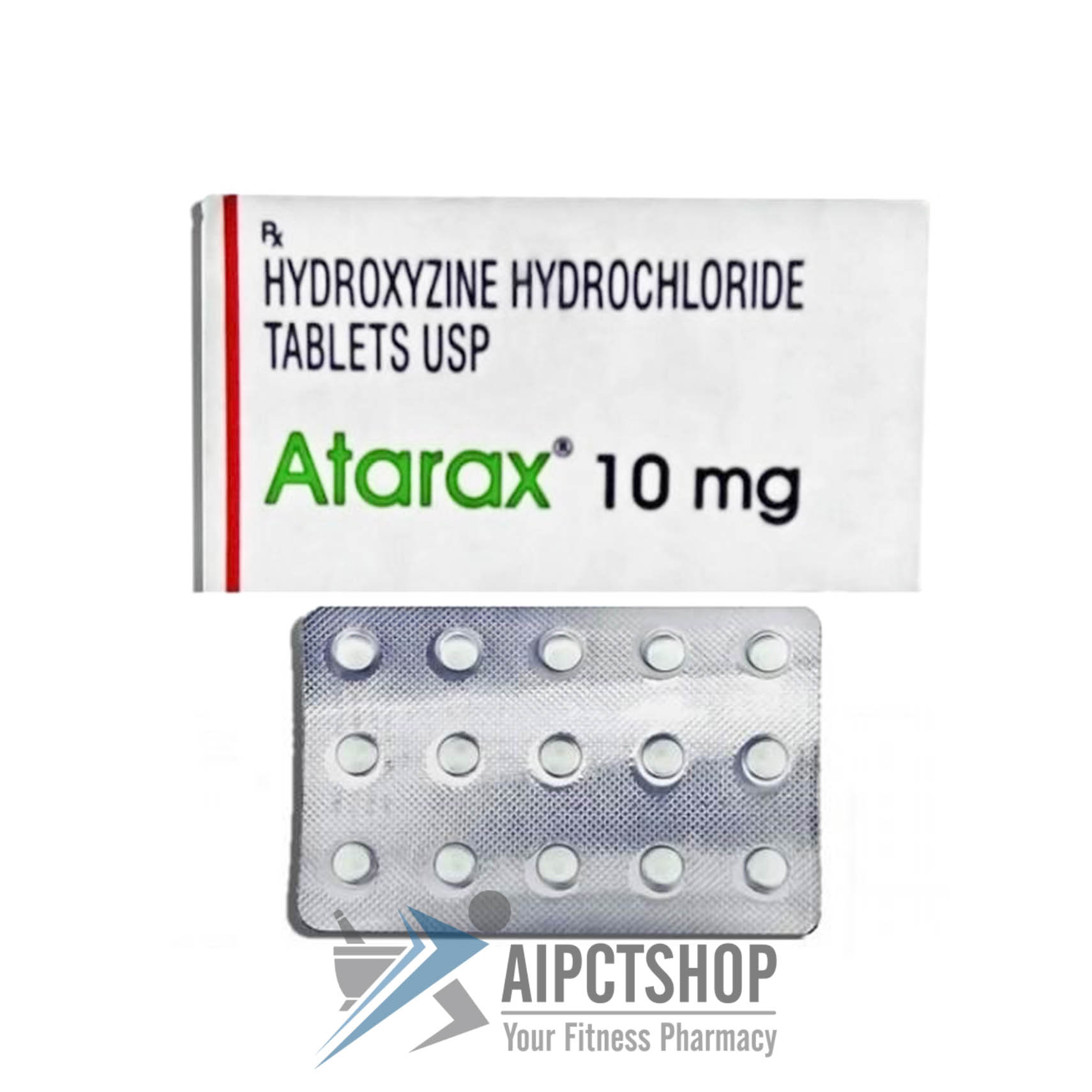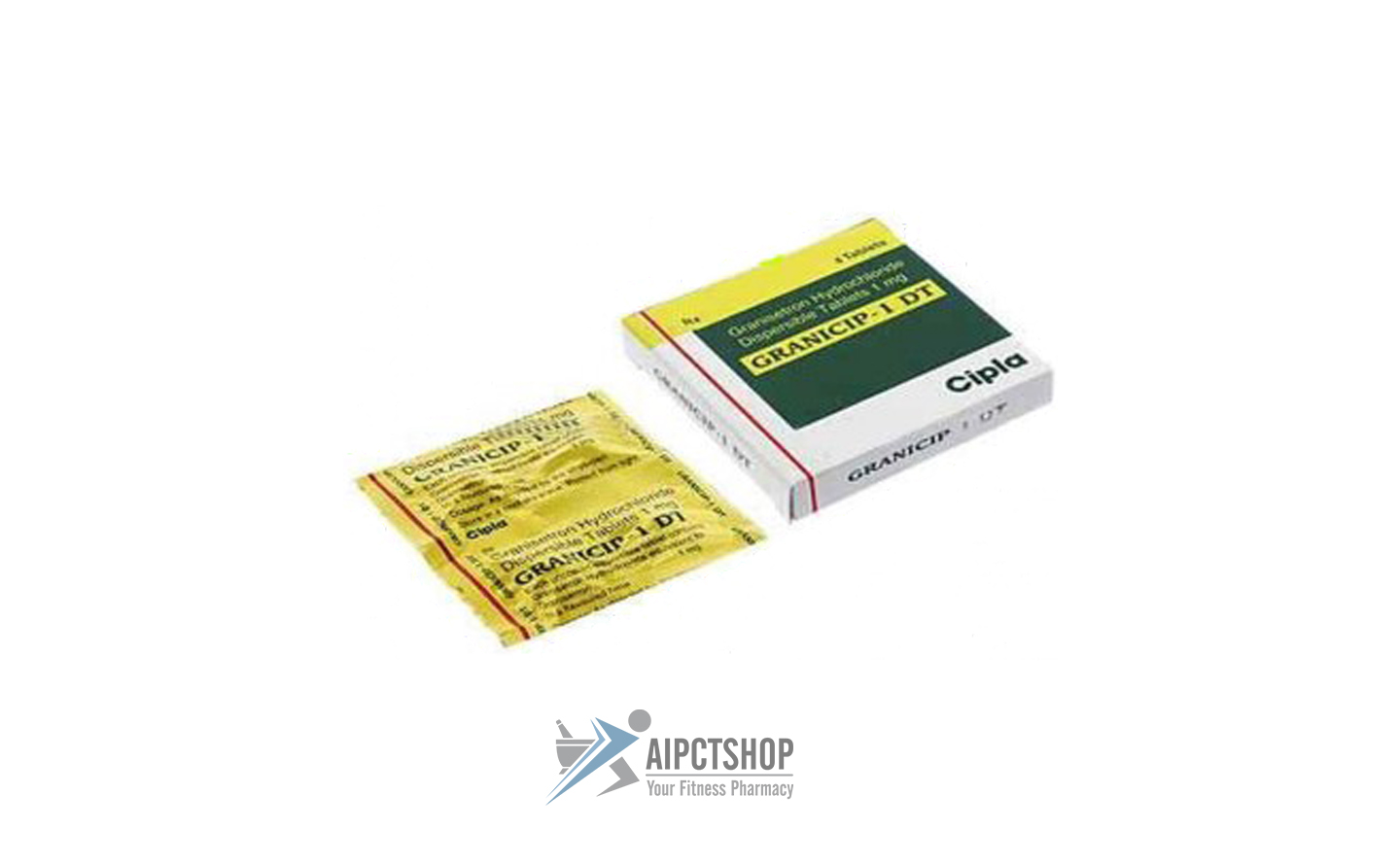Subtotal: $17.96
Granisetron Information
Pronunciation
gra NI se tron
What is this drug used for?
– It is used to prevent upset stomach and throwing up.
Frequently reported side effects of this drug
– Headache
– Fatigue
– Loss of strength and energy
– Diarrhea
– Trouble sleeping
– Heartburn
Other side effects of this drug: Talk with your doctor right away if you have any of these signs of:
– Severe dizziness
– Passing out
– Shortness of breath
– Chest pain
– Fast heartbeat
– Abnormal heartbeat
– Chills
– Sore throat
– Abdominal swelling
– Abdominal pain
– Severe skin irritation
– Severe injection site pain or irritation
– Injection site infection or persistent bleeding
– Persistent hard or tight skin at injection site
– Severe constipation
– Serotonin syndrome like dizziness, severe headache, agitation, sensing things that seem real but are not, fast heartbeat, abnormal heartbeat, flushing, tremors, sweating a lot, change in balance, severe nausea, or severe diarrhea
– Signs of a significant reaction like wheezing; chest tightness; fever; itching; bad cough; blue skin color; seizures; or swelling of face, lips, tongue, or throat.
Medication Safety Issues
Sound-alike/look-alike issues:
Granisetron may be confused with dolasetron, ondansetron, palonosetron
Product Availability
Granisol oral solution has been discontinued in the US for more than 1 year.
Storage and Stability
IV: Store at 15?C to 30?C (59?F to 86?F). Protect from light. Do not freeze vials. Stable when mixed in NS or D5W for at least 24 hours at room temperature.
Oral: Store tablet or oral solution at 15?C to 30?C (59?F to 86?F). Protect from light.
SubQ (extended-release injection): Store at 2?C to 8?C (36?F to 46?F); do not freeze. May be placed back in refrigerator after being kept at room temperature; may remain at room temperature for a maximum of 7 days. Protect from light.
Transdermal patch: Store at 20?C to 25?C (68?F to 77?F). Keep patch in original packaging until immediately prior to use.
Adverse Reactions
Cardiovascular: Hypertension (oral and IV), prolonged Q-T interval on ECG (>450 milliseconds, not associated with any arrhythmias)
Central nervous system: Agitation (IV), anxiety (oral and IV), central nervous system stimulation (IV), dizziness, drowsiness, headache (more common in oral and IV), insomnia (oral and IV)
Dermatologic: Alopecia, skin rash (IV)
Gastrointestinal: Abdominal pain, constipation (more common in oral and IV), decreased appetite, diarrhea (oral and IV), dysgeusia (IV), dyspepsia, nausea, vomiting
Hematologic & oncologic: Anemia, leukopenia, thrombocytopenia
Hepatic: Increased serum ALT (>2 x ULN), increased serum AST (>2 x ULN)
Neuromuscular & skeletal: Weakness (more common in oral)
Miscellaneous: Fever

 Tidomet Forte (Sinemet)25mg 250mg - 100 tablet
Tidomet Forte (Sinemet)25mg 250mg - 100 tablet 





Reviews
There are no reviews yet.